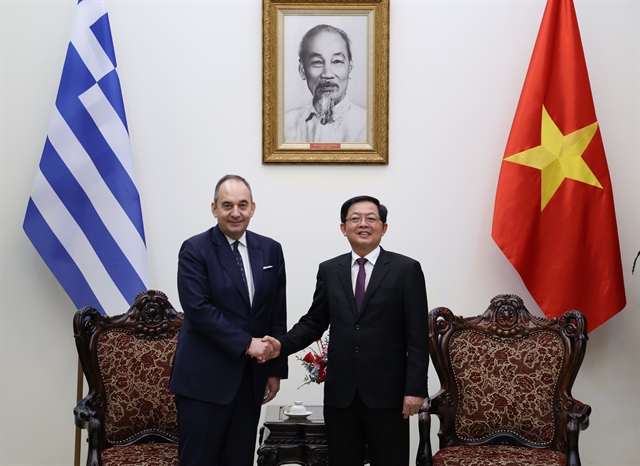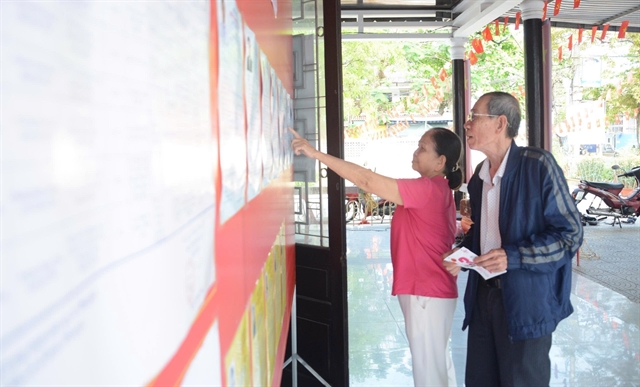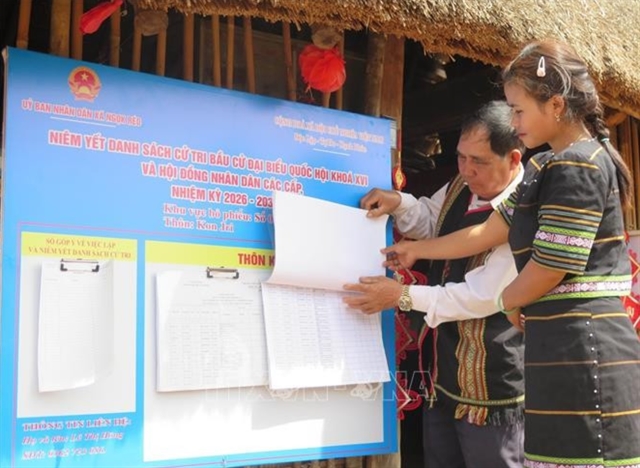 Opinion
Opinion
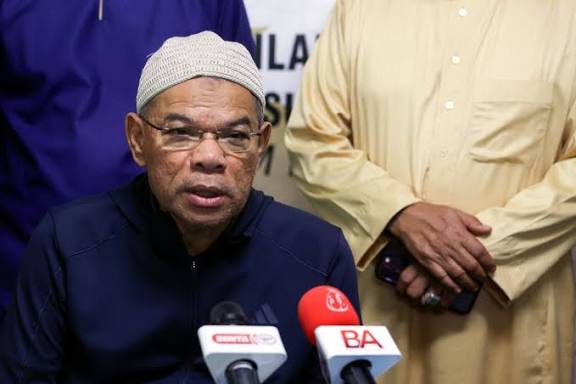
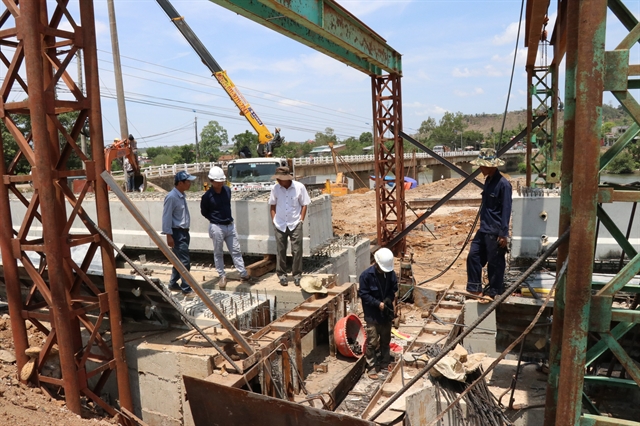
|
| Gia Lan Province's Management Board of Transport Construction Investment Projectschecks the progress of Yang Trung Bridge project, Krong Chro District. — VNA/VNS Photo Hoài Nam |
Vietnam News Agency speaks to National Assembly deputies on the sidelines of the plenary session on the Government’s target of disbursing 100 per cent of allocated public investment budget this year to boost the economy's post-COVID-19 recovery last week.
Đặng Ngọc Nghĩa, deputy from Thừa Thiên-Huế Province
The disbursement of Official Development Assistance (ODA) and public investment budget is often an issue lasting through multiple terms of officials, and I think a big part that can explain the delays has to do with the process of approval.
For example, regarding the medium-term budget, the finance ministry hands the budget over to the ministries, each ministry has a meeting to decide how much goes to which province or city, and then the province and city go through the same decision-making processes to distribute funds to the district- and commune-level authorities, so delays are unavoidable.
Usually, State funds given to localities to implement national target programmes only reach their destinations in June and only then can they start disbursing the funds, but let’s say, in mountainous regions, the summer period is the rainy season which means a lot of projects might fall behind targets and cannot have the allocated budget disbursed.
In addition, projects requiring land clearance that involves many households usually prove complex.
I suggested that at regular cabinet meetings, the Government should not only discuss the state of the economy but also focus on resolving issues plaguing key projects, especially urgent ones or those with connectivity importance.
Phạm Văn Hoà, deputy from Đồng Tháp Province
The COVID-19 pandemic has had adverse impacts on the capital disbursement progress as well as the country’s socio-economic performance. Việt Nam’s GDP growth in the first three months of the year reached only 3.82 per cent, the lowest level in 10 years.
The coronavirus crisis has apparently dealt quite a blow to our development. It’s understandable that public capital disbursement has been seen as an important measure to stimulate economic growth, but we cannot pursue indiscriminate disbursement at all costs for the sake of growth. This might lead to actions that go dangerously against regulations, fiscal responsibility and discipline.
The Government needs meticulous calculations and considerations so all spending is effective and for the right targets.
Trần Hoàng Ngân, deputy from HCM City
I think it is necessary to strive to disburse public investment as per the schedule but definitely not by all means. This must be done based on set criteria to ensure the progress and efficiency of the works, and there should be enhanced supervision to avoid loss and waste.
At the same time, the Government must be flexible with the budget it allocates for disbursement, for example, if some projects encounter land clearance issues then the capital could be diverted for use in another project.
The same could apply for different localities, meaning capital allocated for one locality could be diverted to one another instead of the current rigid rules.
For transport infrastructure projects, the Government should set up a “supporting working group” to help the transport ministry solve issues that might threaten the progress of projects.
In 2020, the economy certainly won’t expand as much as we expected last year, but our successes in containing the COVID-19 pandemic will serve as a solid foundation for future economic growth.
But first, we really need to quickly deal with infrastructure bottleneck issues, especially in transport. Then, the National Assembly should spend time reviewing current legislation and institutions to fix shortcomings in important laws such as the land law.
Deputies have agreed that while the plenary parliament meeting is not yet in session, the NA Standing Committee body could perform institutional changes if needed.
If these two bottlenecks are resolved, in addition to opportunities afforded to us by newly effective free trade agreements, especially the Europe-Việt Nam Free Trade Agreement (EVFTA) or Comprehensive and Progressive Agreement for Trans-Pacific Partnership (CPTPP), then Việt Nam’s trade and reputation would rise.
Currently, the entire country is gearing up to welcome an investment shift from other countries thanks to Việt Nam’s political stability, solid macroeconomic foundations, high-potential human resources and promising market.
The only problem is the criteria we need to set up to make sure the investors we attract into the country are those committed to environmentally friendly technology and linkages with domestic firms, while we also need to not comprise our national defence and security goals. — VNS



